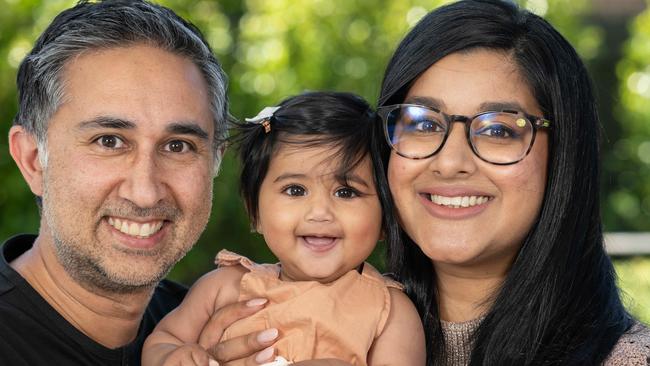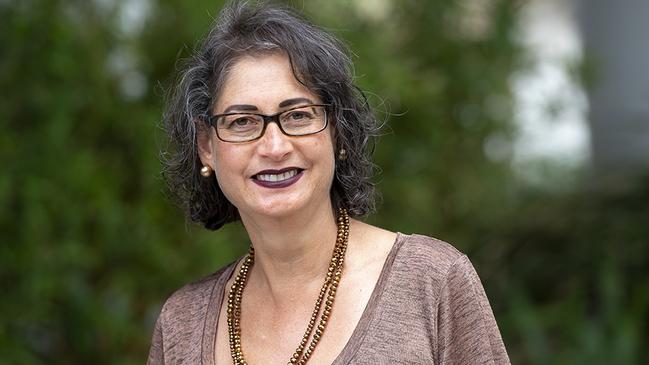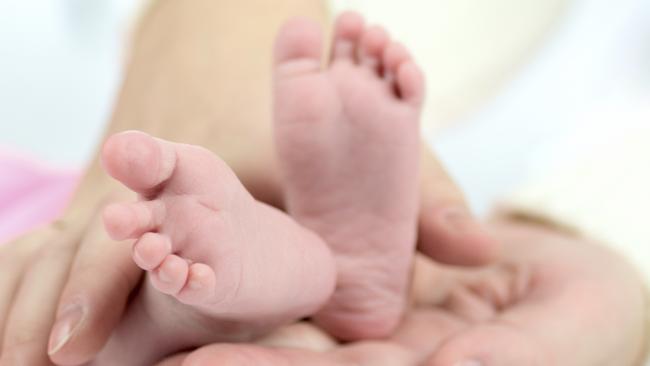Monash University trials AI, genetic sequencing to develop ‘personalised’ IVF fertility drugs
In a world first, Melbourne researchers are working to use artificial intelligence and genetic sequencing to develop personalised fertility drugs for women undergoing IVF treatment.
Victoria
Don't miss out on the headlines from Victoria. Followed categories will be added to My News.
In a world first Australian IVF researchers will trial the use of artificial intelligence with genetic sequencing to “personalise” fertility drugs for women to improve pregnancy outcomes.
The team, led by Monash University’s Professor Beverley Vollenhoven, will use a combination of AI and a woman’s unique genes to tailor the drugs that stimulate the ovaries, improving a woman’s egg production.
Until now genetic testing in IVF has only been done on an embryo using preimplantation genetic diagnosis.
While this helps identify up to 400 gene defect conditions such as cystic fibrosis and sickle cell disease, it does not help women conceive.
That’s the end goal of this new study that has just received a $3m, four-year grant through the federal government’s Medical Research Future Fund.

Professor Vollenhoven is the head of Gynaecology at Monash Health, the Carl Wood Professor and head of Obstetrics and Gynaecology at Monash University.
She says the trial, to start early next year, will determined if the use of gene sequencing in women along with AI is something that brings hope for the future.
“It is another step — this is looking at the woman first, rather than the embryo,” she said.
“We have been using a one-size fits all approach; this will allow us to personalise IVF treatments.”
To run the large clinical trial that will involve hundreds of Australian women, Monash University has partnered with private IVF company Virtus Health and a health start-up called 23Strands that is looking at whole genomic sequencing.
“They bring the skill and ability that we need,” Professor Vollenhoven said.
“We have now gotten to the stage in research where it is hard for one department in an institution to provide all the skills that are required. Using AI, you need a certain skill set that we don’t have and an ability to look at data differently.”

Professor Vollenhoven said a recent pilot study by 23Strands and Virtus showed that whole genomic sequencing made a difference to outcome when they looked at dose adjustment.
“If you think about it intuitively, it should work,” she said.
“We know that genetics play such a big part in our lives and our reactions to different medications, so why would this be different?”
She said the women in the trial will only need to do an additional blood test, not much different to what women do now for an IVF cycle.
Professor Vollenhoven told the Herald Sun gene sequencing would identify if a woman’s reproductive receptors were intact, or have certain deletions.
She said this data would then, through AI, tell the researchers how a woman would react to fertility drugs and allow these to be modified before treatment begins.
The team says the study’s end goal is to create an AI-driven tool to deliver better targeted doses and improve IVF success rates for women, in particular for older women, where success rates had stagnated.

23Strands co-founder and CEO Mark Grosser says the project will be using new ways to process information about IVF treatments.
Associate Professor Vinayak Smith, from Virtus Health, said whole-genome sequencing and AI could help augment reproductive decision making and help people achieve their dream of a family.
“This has the potential to revolutionise the entire landscape of fertility care,” Professor Vollenhoven said.
Genetic testing helped Melbourne couple Bharat and Sadhna Taylor achieve a healthy family after a surprise discovery they were both carriers of the krabbe A gene.
Emergency doctor Sadhna, 39, said following the birth of their eldest daughter Liya, now 3, the couple underwent chromosome testing.
“We were looking for something else entirely,” Dr Taylor said. “This was an incidental finding as we had never had any issues on either side of the family.”
The couple were both identified as carriers of the gene which can cause health problems for children.
“It is very rare that we both would be carriers; less than one in a million chance,” Dr Taylor said.
Last year they turned to IVF and their second daughter, Kira, was born earlier this year.
More Coverage
Originally published as Monash University trials AI, genetic sequencing to develop ‘personalised’ IVF fertility drugs





